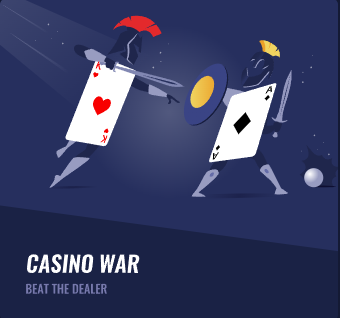Expected Value (EV) is a fundamental concept in statistics, probability, and gambling. It represents the average amount of money one expects to win (or lose) for each bet if the same bet were to be repeated multiple times. EV is calculated by multiplying each possible outcome by the probability of that outcome occurring and then summing those results. In decision-making, the expected value helps in determining which option may be the most advantageous in the long run.
Mathematically, the expected value is given by:
��=∑(�(�)×�)
EV=∑(P(x)×x)
Where:
- �(�)
- P(x) is the probability of outcome
- �
- x occurring.
- �
- x is the payout or value of the outcome.
FAQs:
Is a positive Expected Value always a good bet?
In gambling and investment contexts, a positive expected value indicates a bet or investment that, on average, will be profitable in the long run. However, it doesn’t guarantee a win every time. It means that if the scenario were repeated many times, you would come out ahead on average.
How is Expected Value used in the real world?
Beyond gambling, EV is used in various fields, including economics, business, and finance. For example, businesses might use EV to evaluate potential investments or projects, weighing the potential costs and benefits to determine which opportunity might be the most profitable over time.
Does Expected Value account for the variance or volatility of outcomes?
No, EV provides an average outcome over many repetitions. While it gives a central tendency, it doesn’t account for the variability of outcomes. Another metric, the standard deviation, is used to measure this variability.
Why is Expected Value important in poker and other casino games?
In games like poker, understanding EV is crucial. Players often make decisions based on the expected value of certain actions. For instance, if a particular move in poker has a positive expected value, it’s likely to be a profitable move in the long run, even if it doesn’t pay off in a specific instance.
Can Expected Value be negative?
Yes, a negative expected value indicates a loss on average over the long term. For example, many casino games are designed to have a slightly negative EV for players, ensuring that the casino (house) will have a profit over the long run.



